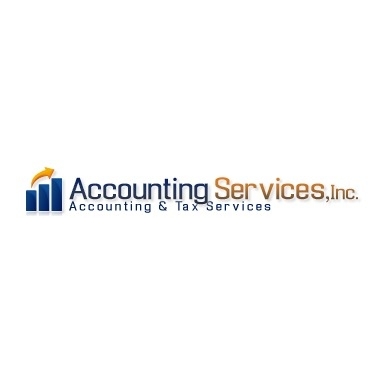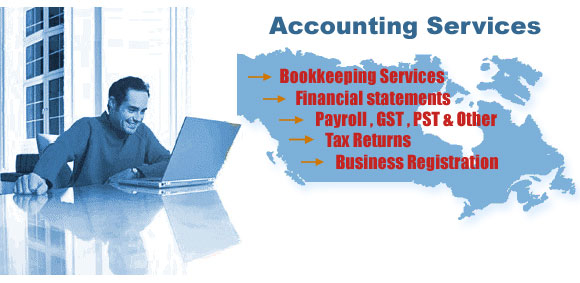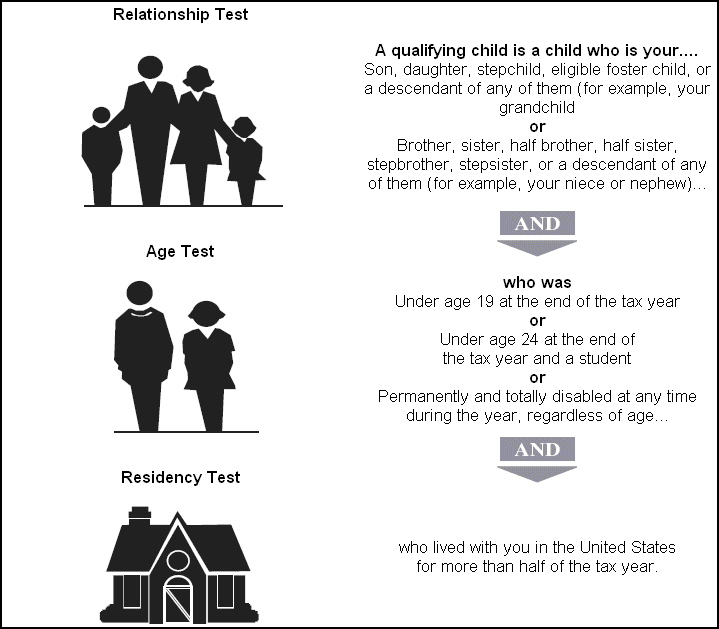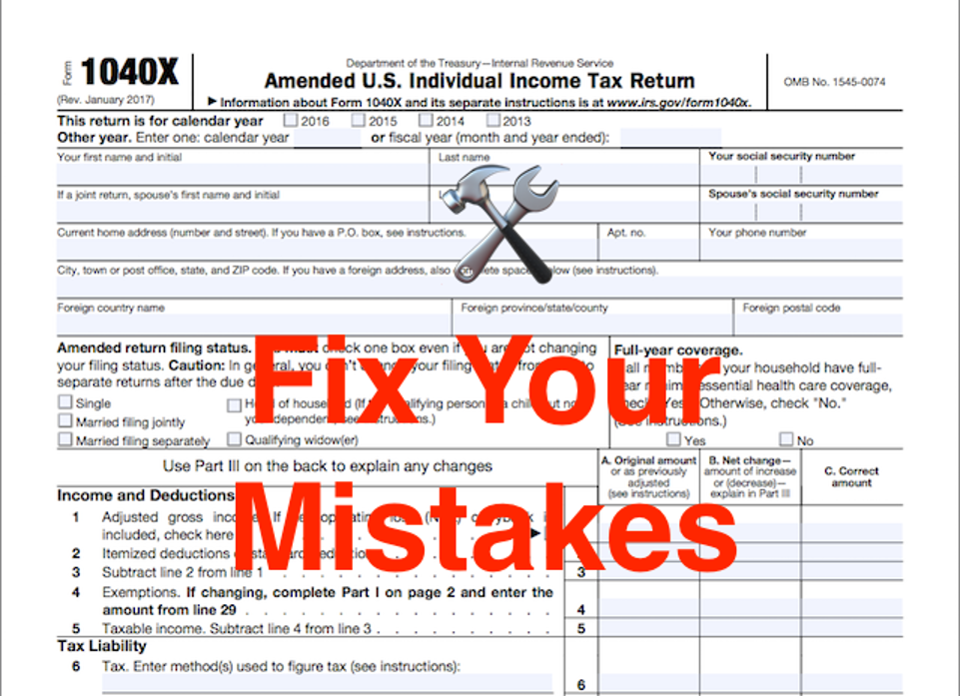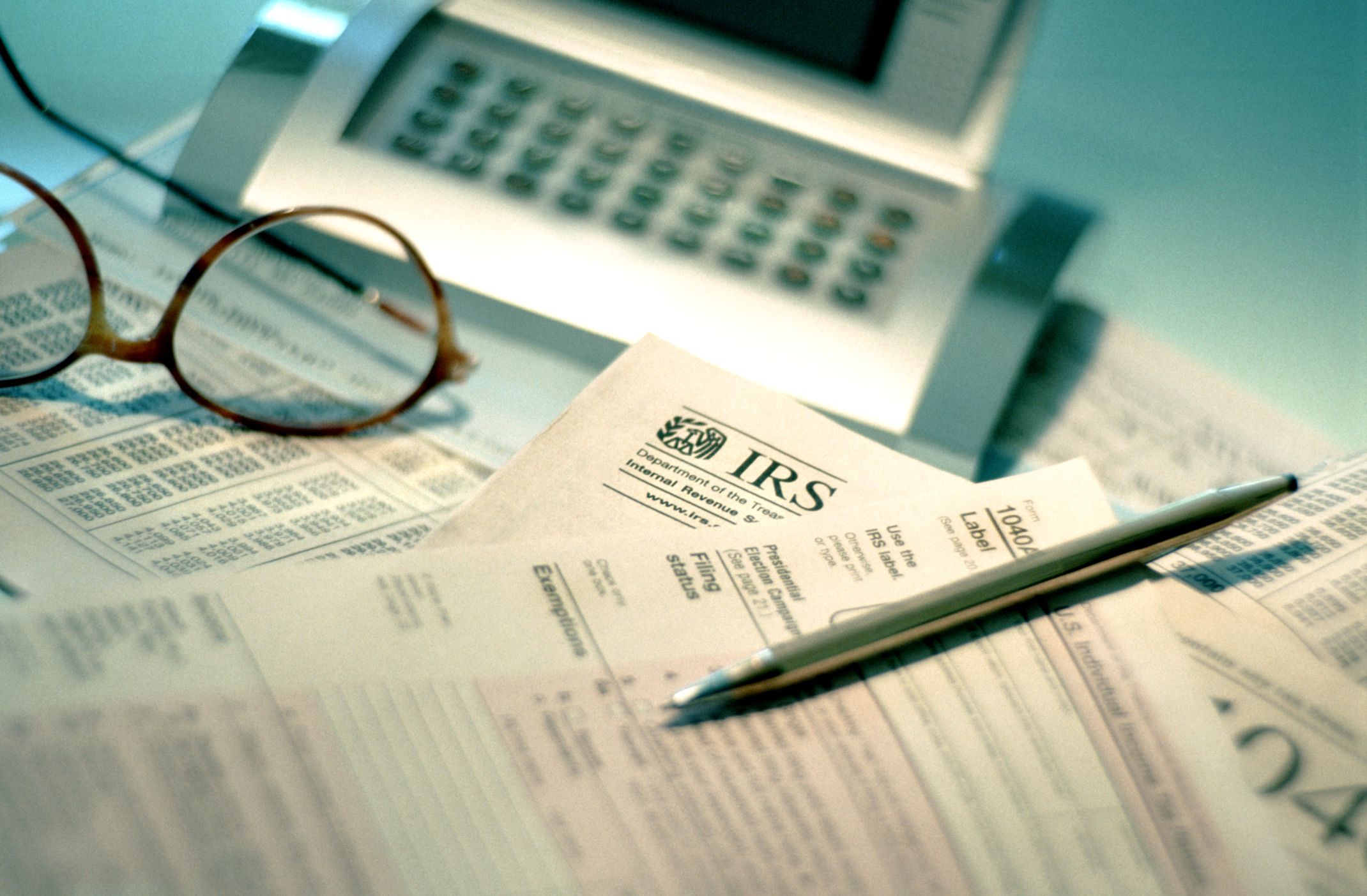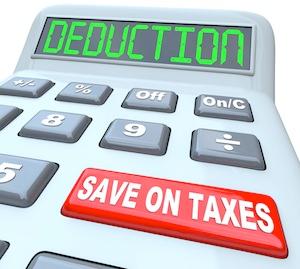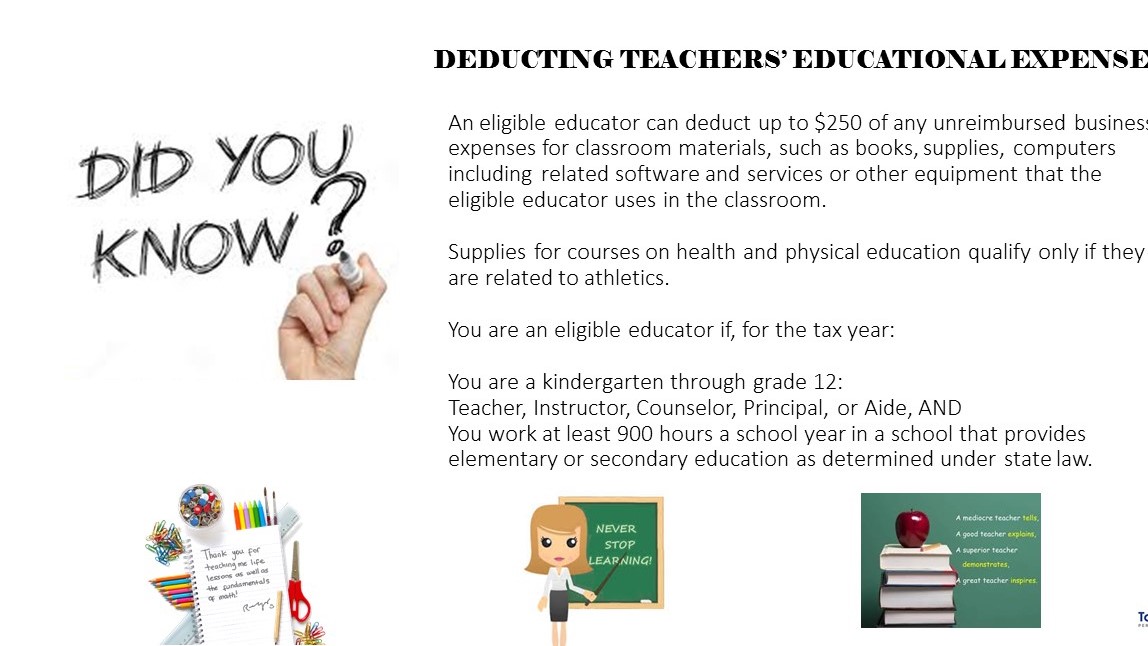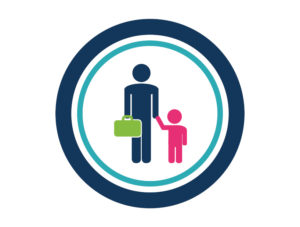Phony IRS calls increase during filing season
The tax filing season is a busy time for taxpayers, but scammers also stay busy. Taxpayers should be aware of several types of tax scams, but phone scams start to increase during the beginning of tax season and then remain active throughout the remainder of the year. Here’s how this scam generally work:
Scammers impersonating the IRS call taxpayers telling them they owe taxes and face arrest if they don’t pay.
The scammer may leave a message asking taxpayers to call back to clear up a tax matter or face arrest.
When taxpayers call back, the scammers often use threatening and hostile language.
The thief demands that the taxpayers pay their tax debts with a gift card, other pre-paid cards or a wire transfer.
Taxpayers who receive these phone calls should:
Hang up the phone immediately.
Report the call to TIGTA using their IRS Impersonation Scam Reporting form or by calling 800-366-4484.
Report the number to phishing@irs.gov; put “IRS Phone Scam” in the subject line.
Taxpayers should remember that the IRS does not:
Call taxpayers demanding immediate payment using a specific payment method. Generally, the IRS first mails a bill to the taxpayer.
Threaten to have taxpayers arrested for not paying taxes.
Demand payment without giving taxpayers an opportunity to question or appeal the amount owed.
Here’s what people should know about taking early withdrawals from retirement plans
Taxpayers may need to take money out of their individual retirement account or retirement plan early. However, this can trigger an additional tax on top of other income tax they may owe. Here are a few key things for taxpayers to know:
Early withdrawals. An early withdrawal normally is taking cash out of a retirement plan before the taxpayer is 59½ years old.
Additional tax. The IRS charges a 10 percent penalty on early withdrawals from most qualified retirement plans. There are some exceptions to this rule.
Nontaxable withdrawals. The additional tax does not apply to nontaxable withdrawals. These include withdrawals of contributions that taxpayers paid tax on before they put them into the retirement plan.
Rollovers are a nontaxable withdrawal. A rollover happens when taxpayers take cash or other assets from one retirement plan and put the money in another plan within 60 days. A rollover can also happen when they direct their plan administrator to make the payment directly to another retirement plan or to an IRA.
Form 5329. Taxpayers who took an early withdrawal last year may have to file Form 5329 with their federal tax return.
Use IRS e-file. Early withdrawal rules can be complex. IRS e-file is the easiest and most accurate way to file a tax return. The tax software will pick the right tax forms, do the math, and help find tax benefits.
Taxpayers who can’t pay their taxes should still file on time
With the April tax filing due date just a few days away, taxpayers should remember to both file and pay any taxes they owe by the deadline. Taxpayers who do not file and pay timely will see their tax debt grow. In fact, penalties and interest can cause a taxpayer’s debt to grow by more than thirty percent in just a few months.
Here are some tips for taxpayers who owe tax, but who can’t immediately pay their tax bill. Taxpayers should:
File their tax return or request an extension of time to file by the April deadline.
Taxpayers who owe tax and do not file their return on time or request an extension may face a failure-to-file penalty for not filing on time.
Pay as much as possible by the April due date.
Whether filing a return or requesting an extension, taxpayers must pay their bill in full by the April filing deadline. Taxpayers who do not pay their taxes on time will face a failure-to-pay penalty. Taxpayers should remember that an extension of time to file is not an extension of time to pay.
Set up a payment plan as soon as possible.
Taxpayers who owe, but cannot pay in full by the deadline don’t have to wait for a tax bill to request a payment plan. Taxpayers can apply for a payment plan on IRS.gov. Taxpayers can also submit a payment plan request in writing using Form 9465, Installment Agreement Request.
ID theft: Here’s what to look for and what to do when it happens
Tax-related identity theft occurs when a thief uses someone’s stolen Social Security number to file a tax return and claim a fraudulent refund. The victim may be unaware that this has happened until they e-file their return. Even before the victim files their return, the IRS may send the taxpayer a letter saying the agency identified a suspicious return using the stolen SSN.
Here are some things people should know about identity theft, including warning signs and steps to take after identity theft occurs.
Warning signs that a theft occurs
Taxpayers should be alert to possible tax-related identity theft if they are contacted by the IRS or their tax preparer about:
More than one tax return being filed using the taxpayer’s SSN.
Additional tax owed.
A refund offset.
Collection actions taken against the taxpayer for a year when they did not file a tax return.
IRS records indicating they received wages or other income from an employer for whom the taxpayer did not work.
Taxpayers who suspect they are a victim of ID theft should continue to pay their taxes and file their tax return, even if they must do so on paper.
Steps to take if someone becomes a victim
The taxpayer should:
File a complaint with the FTC at identitytheft.gov.
Contact one of the three major credit bureaus to place a fraud alert on their credit records.
Contact their financial institutions to close any financial or credit accounts opened without permission or that were tampered with by identity thieves.
Respond immediately to any IRS notice and call the number provided in the letter.
Complete IRS Form 14039, Identity Theft Affidavit (PDF). They can use a fillable form on IRS.gov, print it, then attach the form to their tax return and mail according to instructions.
Taxpayers who previously contacted the IRS and did not have a resolution can contact the agency for specialized assistance at 800-908-4490.
Taxpayers should remember that the IRS does not initiate contact with taxpayers by email to request personal or financial information. This includes any type of electronic communication, such as text messages and through social media channels.
Extension filers should avoid these errors when filing their tax return 2 of 2
Mistakes made when figuring credits. Taxpayers can make mistakes when figuring things like their Earned Income Tax Credit and Child and Dependent Care Credit. Taxpayers should follow the instructions carefully, and double check the information they enter when filing electronically. The IRS Interactive Tax Assistant can help determine if a taxpayer is eligible for certain tax credits.
Incorrect bank account numbers. Taxpayers who are due a refund should choose direct deposit as this will get their money right in their bank account. However, the IRS cautions taxpayers to use the right routing and account numbers on the tax return. It’s a good idea to double and triple check the numbers they enter.
Unsigned forms. An unsigned tax return isn’t valid. Both spouses must sign a joint return. Taxpayers can avoid this error by filing their return electronically and digitally signing it before sending it to the IRS. Taxpayers who are using a tax software product for the first time will need their adjusted gross income from their 2017 tax return to file electronically. Taxpayers who are using the same tax software they used last year usually will not need to enter prior-year information to electronically sign their 2018 tax return.
An expired ITIN. The IRS treats a return filed with an expired Individual Tax Identification Number as filed on time, but there may be delays in processing it. Taxpayers will receive a notice explaining that an ITIN must be current before the IRS will pay a refund. Once the taxpayer renews the ITIN, the IRS will process the tax return and pay any allowed refund
Extension filers should avoid these errors when filing their tax return 1 of 2
Just like taxpayers who file their taxes by the April deadline, those who filed an extension should also do everything to make sure their tax return is complete and accurate. Errors on a tax return can mean it will take longer for the IRS to process the return, which in turn, could delay a refund.
Taxpayers should remember they can avoid many common errors by filing electronically or by using IRS Free File. Filing electronically is the most accurate way to file a tax return.
Taxpayers who filed an extension and who are filing their taxes this summer should avoid making these common errors:
Missing or inaccurate Social Security numbers. The taxpayer should be sure to enter each SSN on a tax return exactly as printed on the Social Security card.
Misspelled names. Taxpayers should spell all names listed on a tax return exactly as listed on the individuals’ Social Security cards.
Filing status. Some taxpayers claim the wrong filing status, such as Head of Household instead of Single. The Interactive Tax Assistant on IRS.gov can help taxpayers choose the correct status. E-file software also helps prevent these mistakes.
Math mistakes. Math errors are common on paper returns. These can range from simple addition and subtraction to more complex calculations. Taxpayers should always double check their math. Better yet, they should consider filing electronically. Tax preparation software does all the math automatically.
Phony IRS calls increase during filing season
The tax filing season is a busy time for taxpayers, but scammers also stay busy. Taxpayers should be aware of several types of tax scams, but phone scams start to increase during the beginning of tax season and then remain active throughout the remainder of the year. Here’s how this scam generally work:
Scammers impersonating the IRS call taxpayers telling them they owe taxes and face arrest if they don’t pay.
The scammer may leave a message asking taxpayers to call back to clear up a tax matter or face arrest.
When taxpayers call back, the scammers often use threatening and hostile language.
The thief demands that the taxpayers pay their tax debts with a gift card, other pre-paid cards or a wire transfer.
Taxpayers who receive these phone calls should:
Hang up the phone immediately.
Report the call to TIGTA using their IRS Impersonation Scam Reporting form or by calling 800-366-4484.
Report the number to phishing@irs.gov; put “IRS Phone Scam” in the subject line.
Taxpayers should remember that the IRS does not:
Call taxpayers demanding immediate payment using a specific payment method. Generally, the IRS first mails a bill to the taxpayer.
Threaten to have taxpayers arrested for not paying taxes.
Demand payment without giving taxpayers an opportunity to question or appeal the amount owed.
